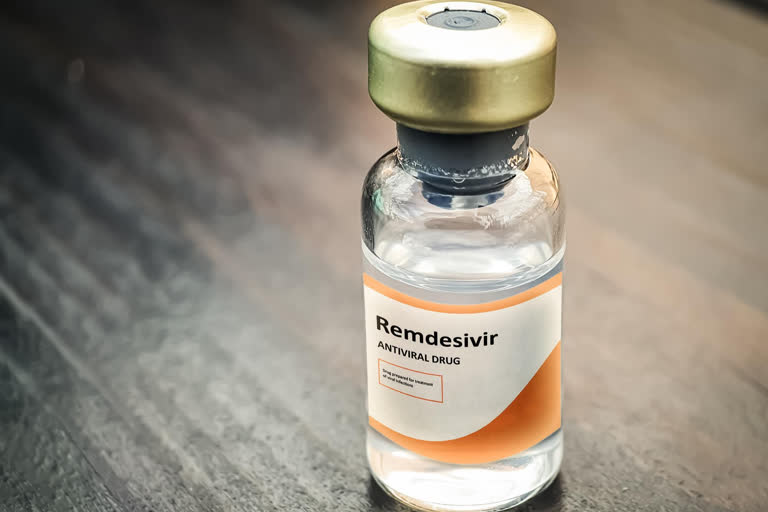New Delhi: The Indian Council of Medical Research (ICMR) and the All India Institute of Medical Sciences (AIIMS) have asked states to use drugs like Remdesivir and Tocilizumab, mentioned as investigational therapies, on COVID-19 patients strictly as per the laid down protocol as their "indiscriminate use or use in conditions for which they are not desirable may cause more harm than good".
In a video conference with the states on Friday, the two bodies stressed that the treatment approach for COVID-19 is largely based on supportive care since there is no cure as yet, the health ministry said in a statement on Saturday.
They told the states that the drugs mentioned as 'investigational therapies' should be used with caution due to their potential for serious adverse effects including liver and kidney injury, the health ministry said.
During the conference on COVID Case Management by State/UT Centres of Excellence, states were also told that the available evidence for Remdesivir suggests that it may decrease the time for clinical improvement when used in moderate to severe cases. However, there have been no benefits in terms of reduced mortality, the ministry said.
"It (Remdesivir) has to be used with extreme caution due to its potential for serious adverse effects including liver and kidney injury. Similarly, for Tocilizumab studies have not shown any benefits in mortality reduction, the statement said.
"However, if used for patients with severe conditions, proper informed consent is required. Rampant use is to be discouraged since the effect of the drug is directed at the 'cytokine storm', it said. A cytokine storm is a severe immune reaction.
Also read: 'Remdesivir' reduces death risk in severe COVID-19 patients
The ministry said all 'investigational therapies' are required to be carried out only in proper health care facilities where close monitoring of patients is possible so that potential complications can be managed.
The ICMR strongly recommended that the focus of clinical management should continue to remain on oxygen therapy, steroids which are widely available and inexpensive, appropriate and timely administration of anti-coagulants and high-quality supportive care, including mental health counselling for patients and families, management of pre-existing illness and palliation of symptoms, the ministry said.
